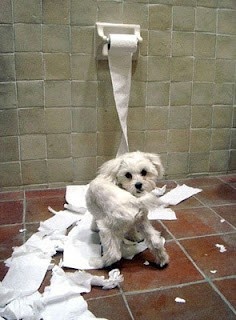Pet Eating Behaviour Problems
Understanding Pet Eating Behaviour Problems: Summary
- Most pets love food but some have pet eating behaviour problems such as:
(i) being fussy
(ii) eating too much or too often
(iii) eating poo
(iv) eating inappropriate items. - Management of the pet eating issue involves having a vet check, ensuring your pet is healthy and has access to appropriate food.
- Long term solutions involve encouraging the fussy animal to eat a wider range of food and providing exercise and a healthy diet for the overeater.
Does your pet have an eating problem?
Does your dog or cat eat too much, too little or are they very fussy with their food? They may have a pet eating problem!
Most pets love their food but pet eating problems are common too. Eating too much, being fussy, eating non-food items or poo: Pet Problems Solved has solutions.
Dr Jo Righetti gives these tips on dealing with your pet eating problems…
Pet eating behaviour
Your pet’s diet should depend on their age (puppy vs adult vs senior) and their health.
Young animals should be exposed to different types of foods to encourage them to eat healthily.
Most dogs love their food and will gladly eat everything put in front of them. With these dogs, we have to be careful not to overfeed.
Smaller dogs tend to be more picky, as do cats.
Cats ideally will eat every 2 hours.
Pets love treats but too many can result in obesity, so use treats sparingly.
Food can be placed inside food-releasing toys to encourage your animals to ‘hunt’ and to encourage activity.
Pet drinking behaviour
Animals need a fresh supply of water every day. More than one water source is ideal, in case one dries up or gets knocked over. If your pet eats wet food, they may not drink a lot of water.
Cats tend not to like water poured from the tap, perhaps because this contains chemicals. They enjoy filtered water or water they source around your home e.g. shower, or garden.
You can also provide a water fountain which most pets enjoy drinking from.
Drinking excessively can be sign that a vet check is needed.
Read: What your cat wants you to know about their eating habits
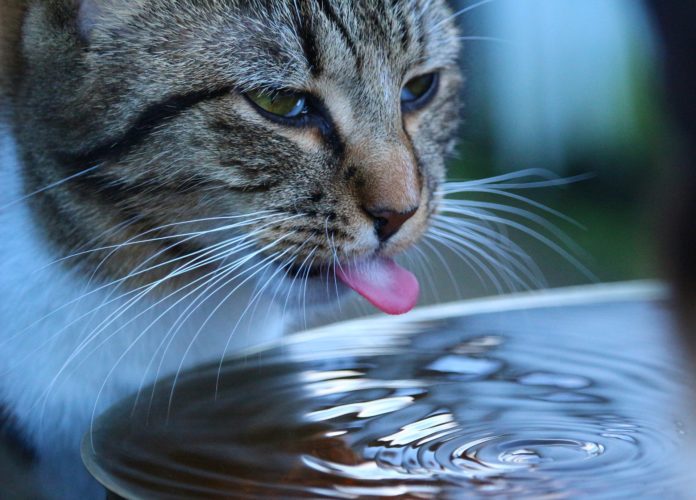
Pet eating problem behaviours
1. Pet eating problem: Fussy Eater
If your pet only eats certain flavours or textures of food, then they may be a fussy eater. Some pets also like their owners to be close by when they eat. Others like to eat alone!
Tips for fussy eaters
- Try mixing the preferred food with the one you would rather your pet was eating. Then gradually increase the proportion of the desired choice.
- Warm wet (canned) food up a little or add a few drops of warm water to the dry food. This helps release the aromas and flavours.
- Feed food by hand while training your pet. This will make eating fun.
- Try hiding food for your pet to find or use food-releasing toys to make eating fun.
- Remember that cats prefer food at room temperature and they like to nibble regularly whereas dogs will tend to wolf down everything at once.
2. Pet eating problem: Pets who eat too much
When we have so much food available, it can be tempting to overeat. Also, pets love treats and owners love to feed their pets treats, and so pets may gain weight. Obese and overweight pets are becoming more common. If you are unsure, ask your vet. Keep an eye on your pet’s weight.
Tips for pets who eat too much
- Feed less or make your pet move more. Monitor their weight.
- Have a vet check to ensure there is not a physiological reason for the weight gain.
- Use a weight control diet or add bulking agents e.g. carrot to your dog’s food.
- Make your pet hunt for their food by hiding it or using food-releasing toys.
The importance of maintaining a healthy weight for your dog
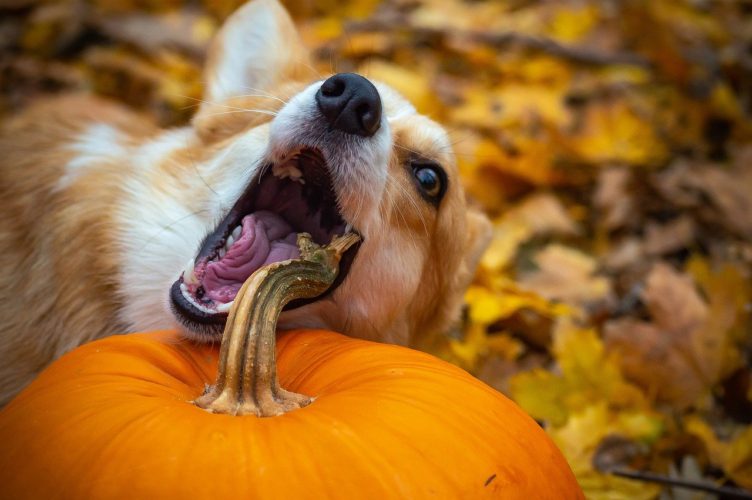
3. Pet Eating Problems: Dogs who eat poo
Eating poo, or copraphagia, is a dog (very much unwanted by owners) behaviour, often in dogs who have been kennelled with little to do. Often puppies will eat poo but soon grow out of the habit.
It is common, even normal, for dogs to eat the poo of other animal species. Not so great to eat dog poo!
There are many reasons or theories why dogs will do this, including:
- Attention seeking
- Anxiety or stress eg. after being punished
- Past punishment for having defecated in the past, and attempt to clean up out of fear to be punished again.
- Boredom
- Cleaning up busy or messy areas eg. mothers in nests
- To remove scents to prevent predation or enemies
- A learned behaviour from other dogs
- Puppy behaviour because puppies eat everything
- Scavenging behaviour.
- Texture and temperature of faeces resembles food.
- A high protein content or large amounts of undigested matter in the faeces.
- Due to assorted health problems, including:
- Pancreatitis
- Intestinal infections
- Food allergies, creating mal-absorption
- Hunger
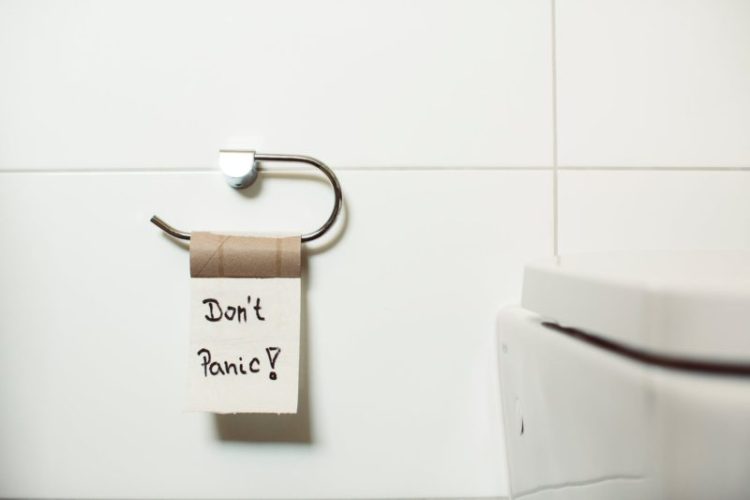
Tips for pets who eat poo
A. Cleaning Up
The most important part of stopping this behaviour is prevention and that involved cleaning up as much as possible. Do regular poo patrols of your garden. If your dog is left alone for long periods and eats poo then, cleaning up may not be possible. In this case you must re-train another behaviour to reward your dog (see below).
B. Diet and health
Get your dog checked out by your vet to rule out any medical conditions that may be contributing to this behaviour. Also, have your dog’s diet checked to ensure it is a suitable one. The addition of pineapple to your dog’s daily diet has been of benefit to some dog owners in solving this problem. Many dog’s dislike the taste of pineapple and will avoid faeces which contain it.
C. Training your dog
Another way to tackle the poo eating is to train your dog not to. This is easiest by training your dog to perform an opposing behaviour and rewarding him. For example every time he poos, teach him to run to you and get a treat. The treat should be an especially motivating one. With time and practice, you might like to set up a scene of taking him near poo and then rewarding him coming to you and sitting. Rest assured, if your dog is healthy, this behaviour should not do him any harm but it does not make for pleasant doggy breath so best tackled sooner rather than later.
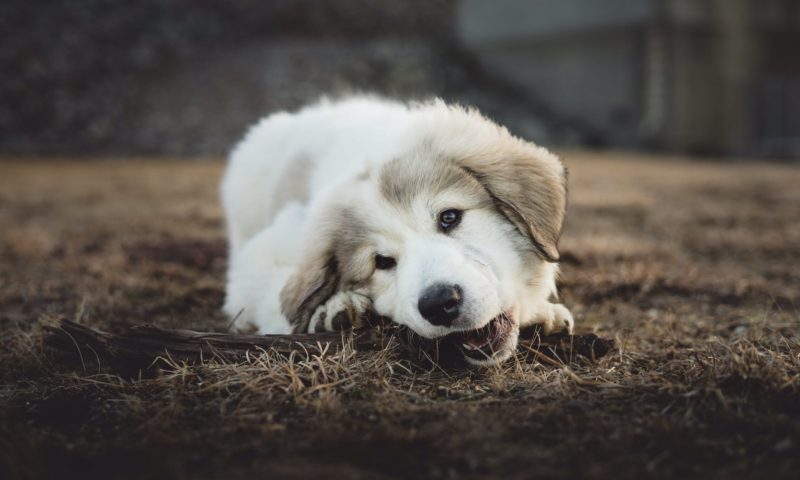
4. Pet eating problem: Eating unusual items
Eating non-edible items, or Pica, is a common behaviour problem in Oriental cats, suggesting a genetic origin, and is also seen in cats that are weaned too early. Cats may eat a whole variety of substances including rubber, electrical cords but it most commonly involves fabric ingestion and/or chewing. Pica can be serious as it can lead to gastric obstructions.
Tips for pets who eat unwanted items
- Talk to your vet about your pet’s nutrition.
- Keep your home and garden tidy, removing all potentially chewable items.
- Offer your pet something tastier to leave the inedible item alone.
- Ensure your pet has enough occupying activities, so they do not need to continually search for items to eat.
- Give your pet food-releasing toys to satisfy their need to hunt and eat.
- Reward your dog for leaving undesirable ‘food’ items e.g. food, along. Keep your pet under your control while in their presence.
Does Your Pet Eat Everything or Just Peculiar Items
Does your pet eat everything? Even inedible items? Most pets at some stage eat some weird and wonderful things and owners often say that they can’t believe the things pets eat.
We have compiled a list, for our readers, of these weird and wonderful things that pets eat. A habit known as Pica, it is more common than most pet owners think! Please let me know what your pet has a culinary passion for (leave a comment) and I’ll add it to the list. Here are some of the ones I’ve heard about so far…
| Dogs | Cats |
| Sand | Wool |
| Soil | Clothing |
| Poo – dogs & other animals | Bread |
| Rocks & pebbles | Jelly lollies |
| Wood eg. doors, chairs | Cucumber |
| Paper plates | phone charger cords |
| Kleenex | |
| a dictionary | |
| anything by Gucci | |
| pawpaw rind | |
| cigarette butts | |
| bees | |
Frequently asked questions about pet eating issues
Can cats drink milk? Is milk good for cats?
Most cats will drink milk if available to them. This does not mean it is good for them! Cats do not have the enzyme (lactase) that digests milk and so get upset tummies from drinking milk. If you want to give your cat a drink other than water, there are specially formulated milks available for kittens and cats.
Why does my dog eat everything?
Dogs are opportunistic in their diet which means they will try to eat everything. Your dog probably enjoys the ‘hunt’ for food, so try feeding them using food-releasing toys. Use food in training too.
Why does my dog eat grass?
Many animals eat grass and although we don’t know exactly why, we know that it can be good for them. Read our greens article for more tips and give your pet access to a clean, grass supply. Watch our video below too.


